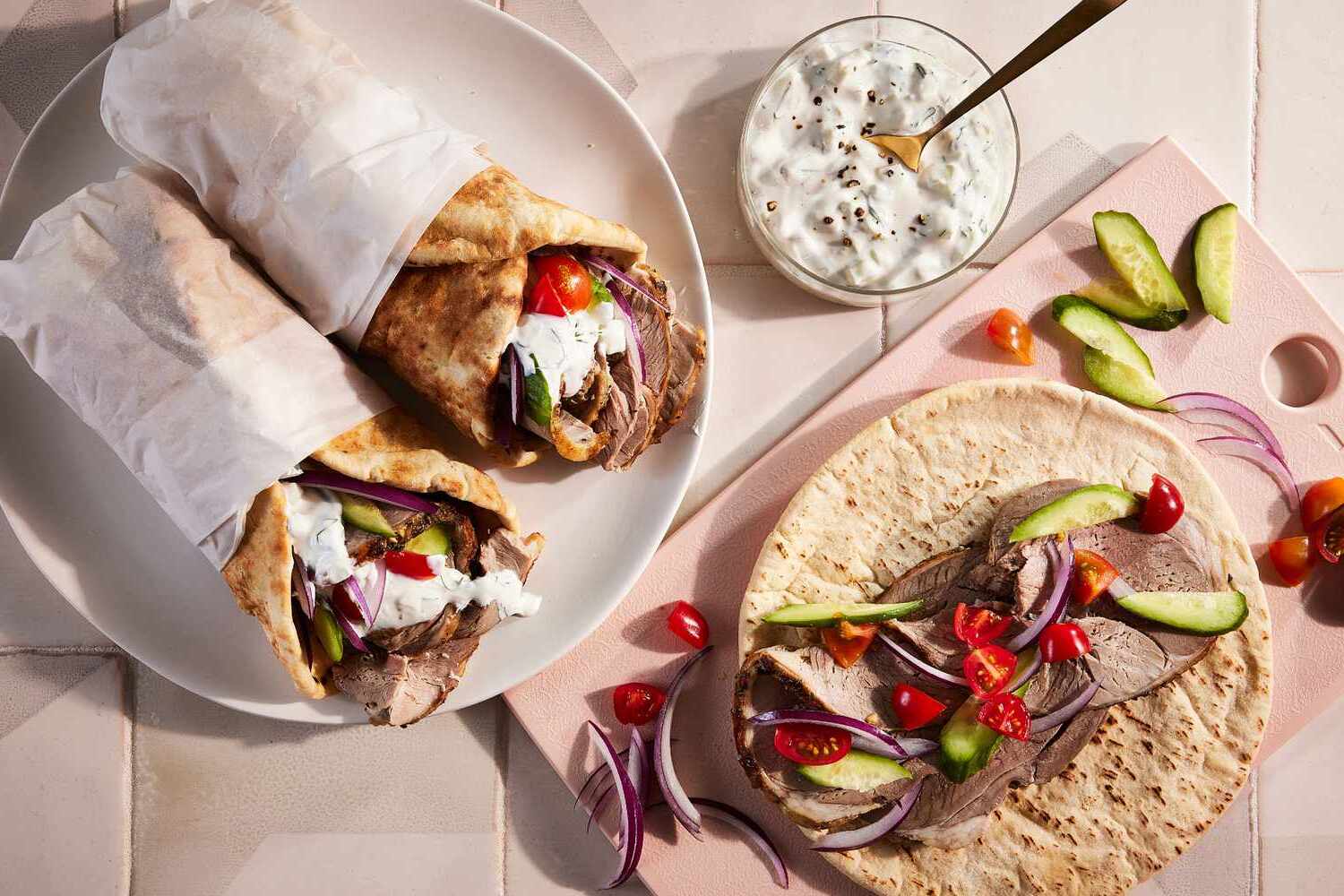
Mediterranean cuisine is a culinary adventure that brings together flavors from countries like Greece, Italy, Spain, and Turkey. Ever wondered why it's so popular? It's healthy, delicious, and diverse. Imagine savoring a Greek salad with fresh tomatoes, cucumbers, and feta cheese, or enjoying a slice of Italian pizza with a crispy crust and rich toppings. Mediterranean dishes often use olive oil, fresh herbs, and vegetables, making them both tasty and nutritious. Whether you're a fan of seafood, love hearty grains, or crave sweet desserts, there's something for everyone. Ready to dive into the world of Mediterranean cuisine? Let's explore 24 fascinating facts that make this food so special!
Mediterranean Cuisine: A Flavorful Journey
Mediterranean cuisine is a delightful blend of flavors, ingredients, and traditions from countries bordering the Mediterranean Sea. This diet is not only delicious but also known for its health benefits. Let's dive into some fascinating facts about this vibrant culinary tradition.
Origins and Influences
Mediterranean cuisine has a rich history influenced by various cultures and civilizations. Here are some intriguing facts about its origins and influences:
-
Ancient Roots: The cuisine dates back to ancient civilizations like the Greeks, Romans, and Egyptians, who laid the foundation for many of the dishes we enjoy today.
-
Cultural Fusion: It is a melting pot of flavors from Europe, Asia, and Africa, reflecting the diverse cultures that have traded and settled around the Mediterranean Sea.
-
Olive Oil: Olive oil is a staple in Mediterranean cooking, used for everything from frying to dressing salads. It’s known for its heart-healthy properties.
-
Spices and Herbs: Commonly used spices and herbs include oregano, basil, thyme, rosemary, and garlic, which add depth and complexity to dishes.
-
Seafood Abundance: The Mediterranean Sea provides a bounty of seafood, making fish and shellfish central to the diet.
Key Ingredients
The ingredients used in Mediterranean cuisine are fresh, wholesome, and flavorful. Here are some key components:
-
Fresh Vegetables: Tomatoes, cucumbers, bell peppers, and eggplants are frequently used, often in salads or roasted.
-
Legumes: Chickpeas, lentils, and beans are essential sources of protein and fiber in Mediterranean dishes.
-
Whole Grains: Bulgur, farro, and couscous are popular grains that add texture and nutrition to meals.
-
Nuts and Seeds: Almonds, pine nuts, and sesame seeds are commonly used in both savory and sweet dishes.
-
Fruits: Fresh and dried fruits like figs, dates, and pomegranates are often used in cooking and as snacks.
Popular Dishes
Mediterranean cuisine boasts a variety of iconic dishes that are loved worldwide. Here are some must-try dishes:
-
Hummus: A creamy dip made from blended chickpeas, tahini, lemon juice, and garlic.
-
Falafel: Deep-fried balls or patties made from ground chickpeas or fava beans, often served in pita bread.
-
Moussaka: A layered casserole with eggplant, ground meat, and béchamel sauce, popular in Greece and the Balkans.
-
Paella: A Spanish rice dish cooked with saffron, vegetables, and a variety of meats or seafood.
-
Tabbouleh: A refreshing salad made with bulgur, parsley, mint, tomatoes, and lemon juice.
Health Benefits
The Mediterranean diet is renowned for its health benefits. Here are some reasons why it’s considered one of the healthiest diets:
-
Heart Health: Rich in healthy fats, fiber, and antioxidants, this diet is linked to a lower risk of heart disease.
-
Weight Management: Emphasizing whole foods and healthy fats helps in maintaining a healthy weight.
-
Longevity: Studies show that people who follow a Mediterranean diet tend to live longer, healthier lives.
-
Anti-Inflammatory: The diet’s emphasis on fruits, vegetables, and healthy fats helps reduce inflammation in the body.
-
Diabetes Prevention: It can help regulate blood sugar levels and reduce the risk of type 2 diabetes.
Culinary Techniques
Mediterranean cooking involves various techniques that enhance the flavors and nutritional value of the food. Here are some common methods:
-
Grilling: Grilling meats, vegetables, and seafood is a popular method that adds a smoky flavor.
-
Baking: Many dishes, including casseroles and breads, are baked to perfection.
-
Slow Cooking: Slow-cooked stews and soups allow flavors to meld and develop over time.
-
Marinating: Marinating meats and vegetables in olive oil, herbs, and spices infuses them with flavor and tenderness.
Savoring the Mediterranean
Mediterranean cuisine isn't just about food; it's a lifestyle. From fresh ingredients to rich flavors, every dish tells a story. The health benefits are undeniable, with many studies linking this diet to longer life and lower disease rates. Olive oil, fresh vegetables, and lean proteins form the backbone of these meals, making them both delicious and nutritious.
Exploring Mediterranean cuisine means diving into a world of diverse cultures and traditions. Each region adds its unique twist, whether it's the spices of Morocco or the seafood of Greece. This variety ensures there's always something new to try.
So next time you're planning a meal, why not take a page from the Mediterranean cookbook? Your taste buds and your body will thank you. Enjoy the journey of flavors and health benefits that come with every bite.
Was this page helpful?
Our commitment to delivering trustworthy and engaging content is at the heart of what we do. Each fact on our site is contributed by real users like you, bringing a wealth of diverse insights and information. To ensure the highest standards of accuracy and reliability, our dedicated editors meticulously review each submission. This process guarantees that the facts we share are not only fascinating but also credible. Trust in our commitment to quality and authenticity as you explore and learn with us.


